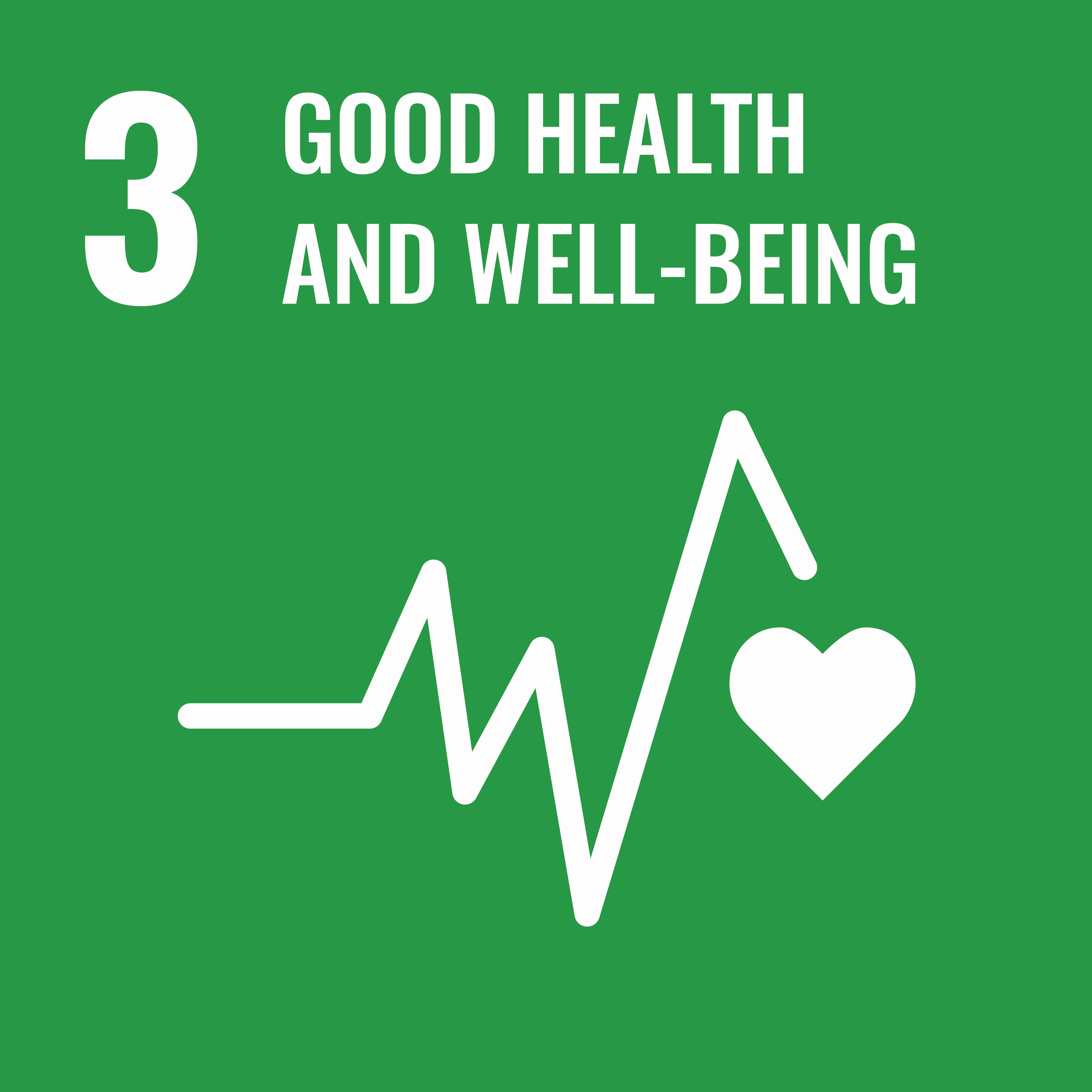THE ROLE OF PHYTOGENICS IN INTESTINAL HEALTH
High-Content Screen of Phytogenics for Intestinal Barrier Protective Effects

Transwell system
Picture: Melanie Wallner

Monolayer with intestinal epithelial cells
Picture: Melanie Wallner

Plant extracts
Picture: Melanie Wallner
The gastrointestinal epithelium represents the largest surface for exchange between the host milieu and the external environment and is therefore the most exposed system. Additionally, it has the important role to form the main interface between the gastrointestinal lumen and the blood, as well as to the organs of the body. This physical barrier is composed of a monolayer of intestinal epithelial cells that are tightly connected via cell-cell junctions (i.e. tight junctions). Therefore, tight junction complexes play a major role in maintaining the barrier integrity and in regulating the para-cellular permeability.
This facilitates the uptake of essential nutrients from ingested food and additionally limits the passage of potentially harmful substances from the lumen of the gastrointestinal tract into the blood stream and underlying tissues. However, the gastrointestinal epithelium is constantly exposed to potent disruptors of the intestinal barrier (e.g. pathogens, toxins and dietary factors). Disruption of cell-cell junctions leads to increased intestinal permeability, which is associated with an increased risk for the acquisition of gastrointestinal and non-gastrointestinal diseases, summarized as “the leaky gut syndrome” (e.g. inflammatory bowel diseases, celiac disease, type I diabetes mellitus, and rheumatic diseases).
Currently, no cure for impaired intestinal barrier function exists, hence, therapeutic approaches mainly control symptoms using anti-inflammatory agents, antibiotics or probiotics. Therefore, there is a growing interest to use plant-derived extracts or compounds (phytogenics) as additives in human nutrition and animal feed to support and maintain intestinal health. Recent studies have already demonstrated that plant-derived bioactive substances, like certain polyphenols, have protective effects on the intestinal barrier function. Therefore, the main objective of this project is to identify and characterize novel phytogenic substances that are effective in enhancing the intestinal barrier function and stress tolerance using an in vitro screening system based on different (intestinal) epithelial cell lines.
Lead Researcher:

FH-Prof. Priv.-Doz. Dr. Julian Weghuber
FFoQSI Area Leader GREEN
Head of Department
Food Technology and Nutrition, University of Applied Sciences Upper Austria
julian.weghuber@fh-wels.at
+43 5 0804 44403
www.fh-ooe.at

